November 14, 2019
Next generation of property talent celebrated at BCO NextGen Awards
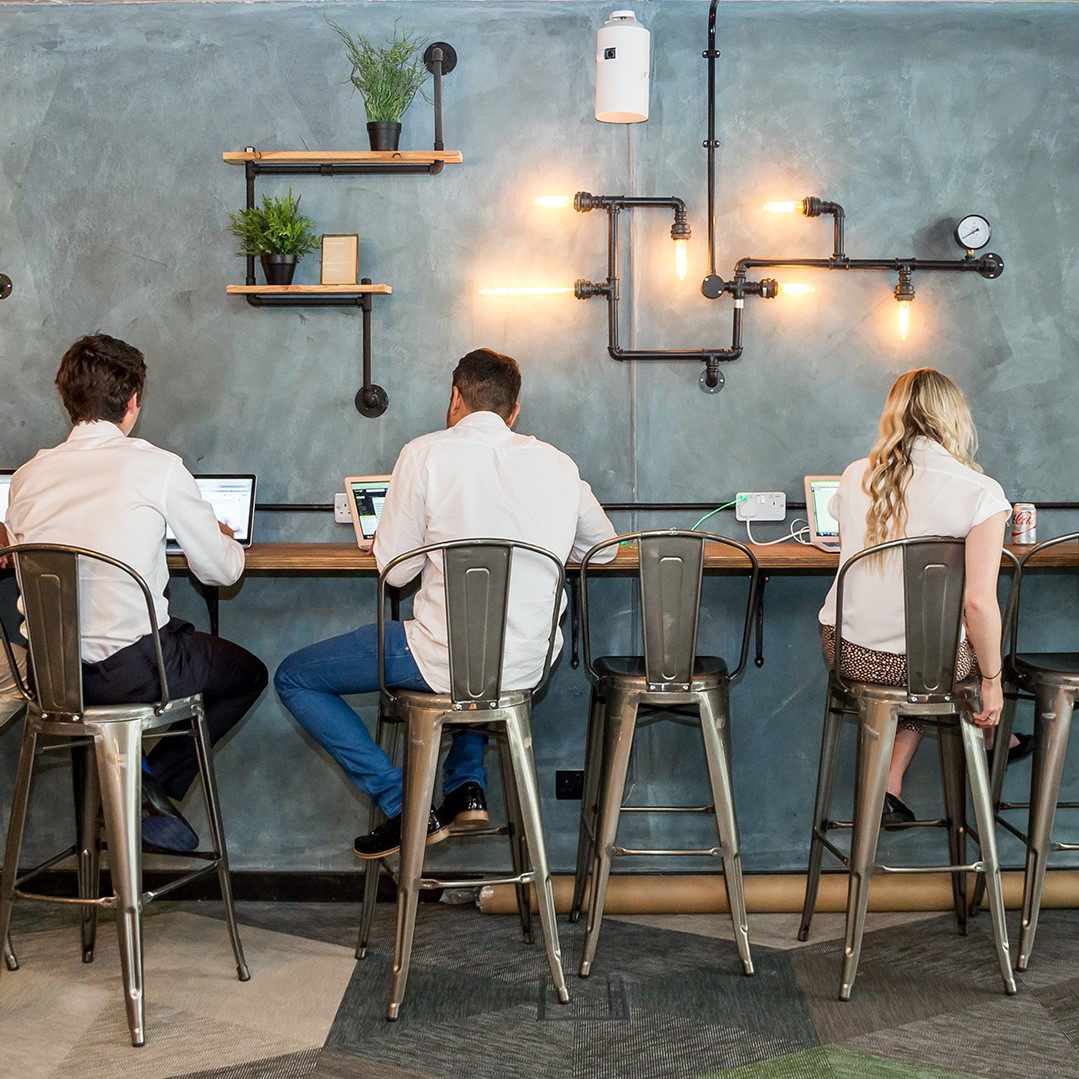 The UK’s rising stars in the commercial property sector have been recognised at the British Council for Offices’ (BCO) fourth annual NextGen Awards ceremony. The Awards are part of the BCO’s NextGen programme, which sets out to mentor and encourage the next generation of professionals to become future leaders in the industry, whilst providing a platform for new talent to share ideas. The ceremony, which took place at The Porter Tun, London, was attended by the country’s top designers, developers, architects and occupiers under the age of 35. It celebrated the achievements and successes of young professionals in the commercial property sector across the UK, and the leaders who have inspired them. (more…)
The UK’s rising stars in the commercial property sector have been recognised at the British Council for Offices’ (BCO) fourth annual NextGen Awards ceremony. The Awards are part of the BCO’s NextGen programme, which sets out to mentor and encourage the next generation of professionals to become future leaders in the industry, whilst providing a platform for new talent to share ideas. The ceremony, which took place at The Porter Tun, London, was attended by the country’s top designers, developers, architects and occupiers under the age of 35. It celebrated the achievements and successes of young professionals in the commercial property sector across the UK, and the leaders who have inspired them. (more…)






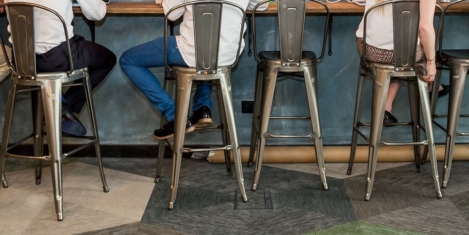




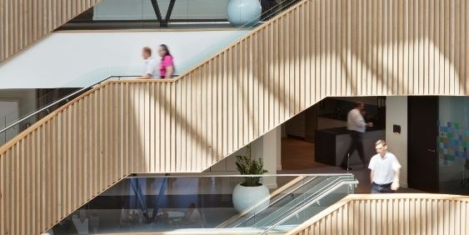
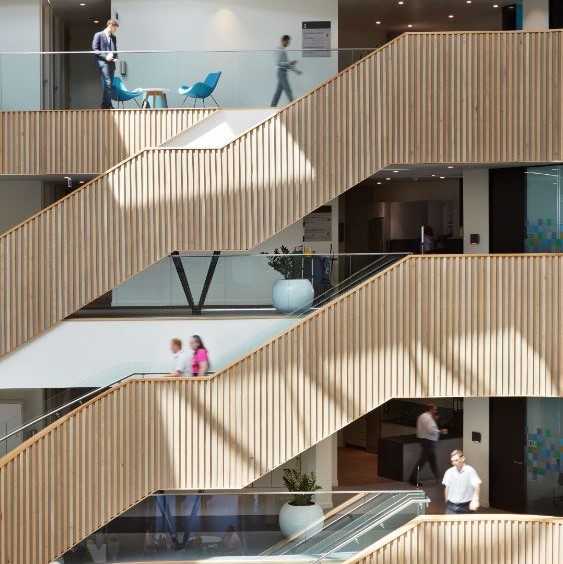



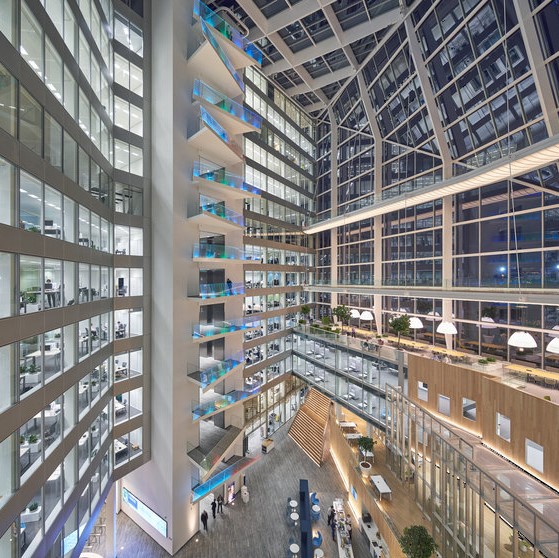


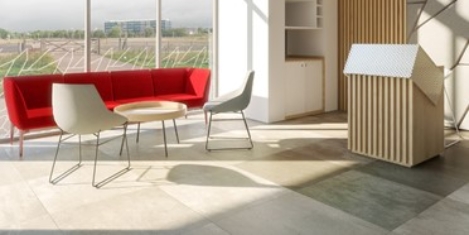
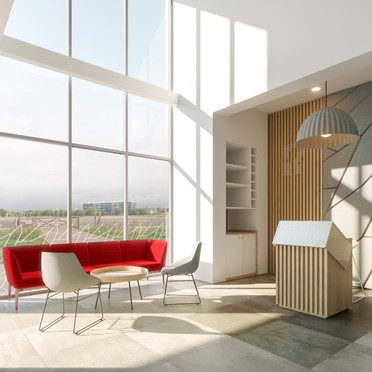











October 25, 2019
How office design trends in different countries feed off each other
by Steve Elliott • Comment, Workplace design